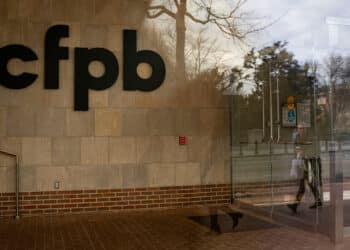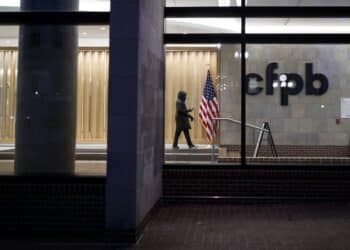CFPB has ‘Moral Obligation’ to Respond to Disparate Impact Study, Attorneys Say

Benoit was referring to a study conducted last year by Charles River Associates, commissioned by the American Financial Services Association, which found “bias and error” in the CFPB’s methodology for determining borrower race, thereby skewing its ability to measure disparate impact. “We don’t find some obligation to respond to studies out there all the time on all aspects of our work,” CFPB Director Richard Cordray told members of the House Committee on Financial Services during the bureau’s semi-annual presentation to Congress earlier this month.
Benoit called the CFPB’s failure to respond “intellectually dishonest,” adding that “one thing that I have always been struck by [about the CFPB] is how right they believe they are, and how right they believe the way they approach it is.”
BuckleySandler LLP Partner John Redding, who also spoke during the session, pointed out that in its own white paper on the methodology, the bureau identified a level of inaccuracy. “This study said [the actual level of inaccuracy] is greater than what you’re seeing,” Redding said. “So the fact that they are so confident that they are right, is troubling.”
Learn more about risk and compliance in auto finance May 18 and 19 at the Auto Finance Risk & Compliance Summit 2015 in San Diego. Request your invitation here.














